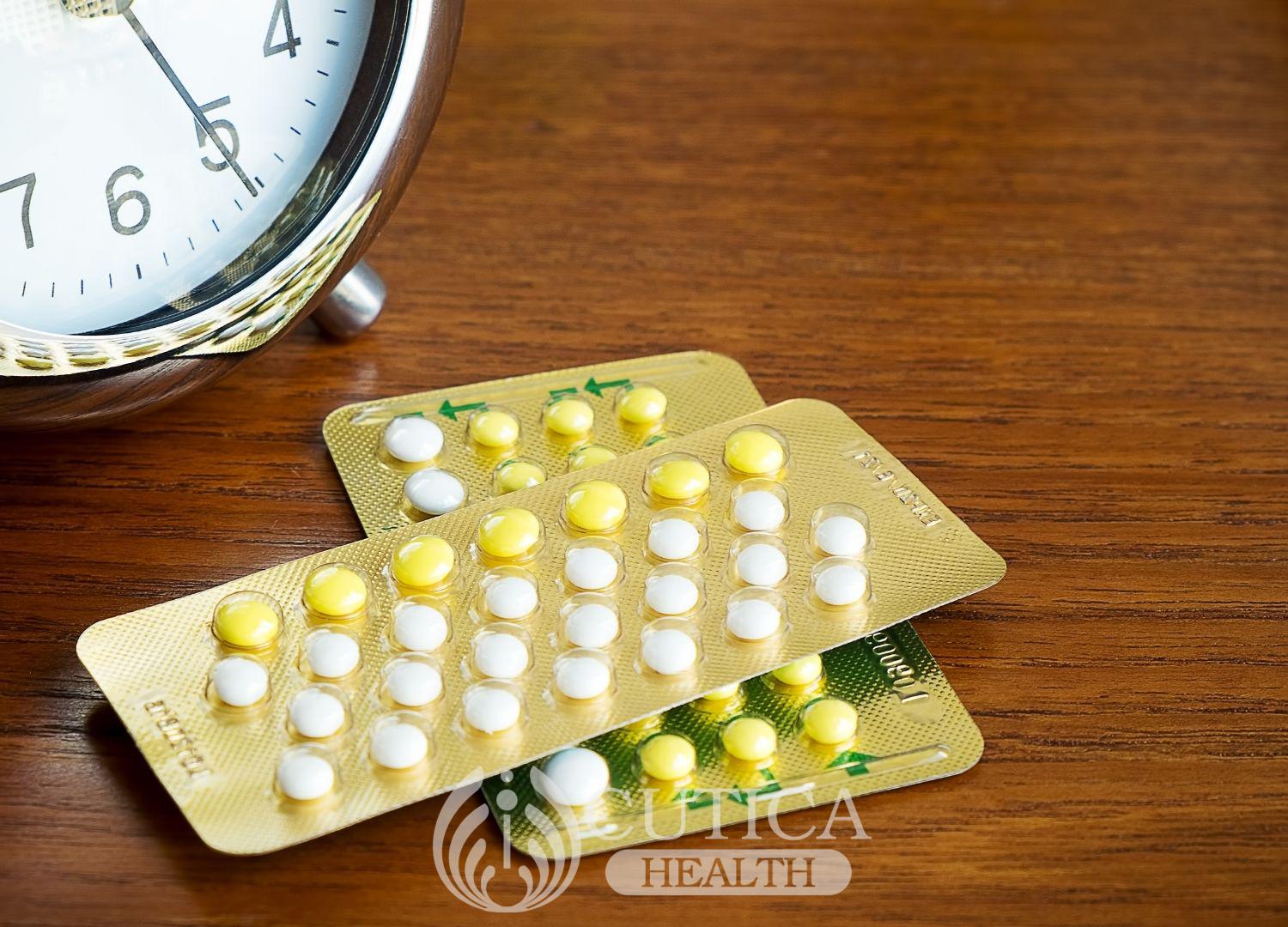
Nkiru’s cheerful nature always lit the room. “When I am on my tropical vacation, I stay out of the kitchen”, she said while laughing. Nkiru is perimenopausal, and is making the best of the uncomfortable symptoms.
So, what brought about all these changes that Nkiru is experiencing, and should she be expecting more? Let’s have a close look.
What is Menopause?
Menopause marks the end of menstrual cycles for women. It’s a natural process diagnosed by lack of menstrual period for 12 consecutive months. Menopause is accompanied by changes that could be mistaken for an ailment. Menstrual periods tend to become less regular or less frequent for several months or years before they cease permanently. In other cases, however, some women experience an unexpected cessation in their cycles. Menopause is a natural part of the ageing process that may occur between the ages of 45 to 55 years. However, one out of every hundred women experiences premature menopause, which means these women attain menopause at age 40 or below.

Symptoms of Menopause
Menopause is the result of changes in the balance of the body’s sex hormones, which occur as one grows older. It coincides with ovaries being unable to release an egg each month, and marks the end of the ability to bear children. The symptoms include:

- Menstrual changes or irregularity. This is the first symptom that women notice. Menstrual cycles either become shorter or more prolonged than usual. Very erratic bleeding should be checked out with a doctor to make sure the bleeding is not from other conditions.
- Hot flashes. This is a sudden flush, wave or rush of heat in the upper part of the body, sometimes the heat flush may run through the whole body. Hot flushes may be accompanied by red blotches on the skin.
- Vaginal dryness and discomfort. This symptom may start before menopause and continue well into menopause. A person having these symptoms may also experience chafing and discomfort during sex.
- Emotional changes. It is not uncommon for women during menopause to experience irritability, anxiety, mood swings, tiredness and even weeping spells. In worse cases, one can even be depressed.
- Physical changes. Some women may experience weight gain, or accumulation of fat around the waistline or abdomen.
- Sleep. There may be trouble getting a good night sleep.
Managing the symptoms
Menopause is not a disease. There are, however, ways to manage the uncomfortable symptoms and reduce conditions such as bone loss that increase around the time of menopause. The following may be helpful:

- Increased attention to healthy habits such as regular exercise, healthy diet, and minimal, if any, alcohol use.
- A short course of low-dose estrogen may be prescribed by your doctor for severe hot flashes. Vaginal estrogen is also prescribed occasionally for severe vaginal dryness. Other medical treatments may include low-dose antidepressants, and medications such as gabapentin and clonidine that work on nerves to block hot flashes.
- Vitamin D supplementation for bone health.
Remember that the safety and effectiveness of numerous herbs and vitamins that many women take has not been established. It is possible that reported symptom relief may be due partly to “placebo effect”. Also, remember that the uncomfortable symptoms of menopause will go away eventually.












